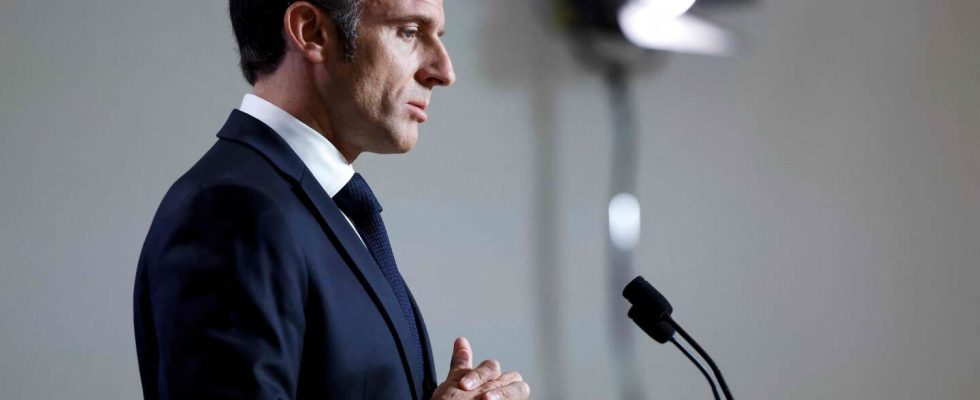French President Emmanuel Macron surrenders on Wednesday 1er and Thursday, November 2, in Kazakhstan and Uzbekistan, two heavyweights in post-Soviet Central Asia that Paris does not want to leave solely to Russian, Chinese and Turkish influences. This visit, “to which the president attaches great importance” according to the Elysée, aims to deepen the strategic partnership that France established in 2008 with Kazakhstan, the regional economic locomotive, rich in oil, coal, uranium and rare metals.
Traditionally located in the Russian sphere of influence, the most developed of the Central Asian republics is seeking to diversify its relations in a context made difficult by the war in Ukraine, China’s ambitions and its security dependence on Russia. But the European Union (EU) does not intend to let itself be ousted. Having its own strategy, called “Global Gateway” (“global gateway”), it plans to invest massively in interconnectivity and infrastructure projects. France is obviously in line with the initiative of its European partners.
Courted by Beijing, dependent on Moscow, Kazakhstan takes advantage of its strategic position between Europe and Asia to diversify its partnerships. Five times the size of France, with only 19 million inhabitants, the former Soviet republic has always maintained its relations with its Russian neighbor, on which it largely depends to export its oil. In recent years, however, trade ties have strengthened considerably with the EU, which buys Kazakh oil and uranium. Brussels is now the leading investor in the region, ahead of Moscow and Beijing.
Kazakhstan’s third trading partner, Paris is not lagging behind. Proof of the interest of French investors in this pivotal zone, around fifteen business leaders, including the CEOs of EDF, Suez and Orano (formerly Areva), will accompany the Head of State to Astana, the futuristic capital of the country, then to Samarkand, the mythical city of the old Silk Roads, in the south of Uzbekistan.
The issue of critical metals and rare earths
The mining sector is the subject of all attention, as evidenced by the presence of the Geological and Mining Research Bureau within the economic delegation. At stake is the crucial question of the supply of critical metals and rare earths present in the subsoils of these two countries. Present in Kazakhstan since 1996, Orano, specialized in the exploitation of uranium mines, is now seeking to establish itself in Uzbekistan, especially since Niger, shaken by a coup d’état in July, is no longer a supplier reliable.
You have 60% of this article left to read. The rest is reserved for subscribers.

